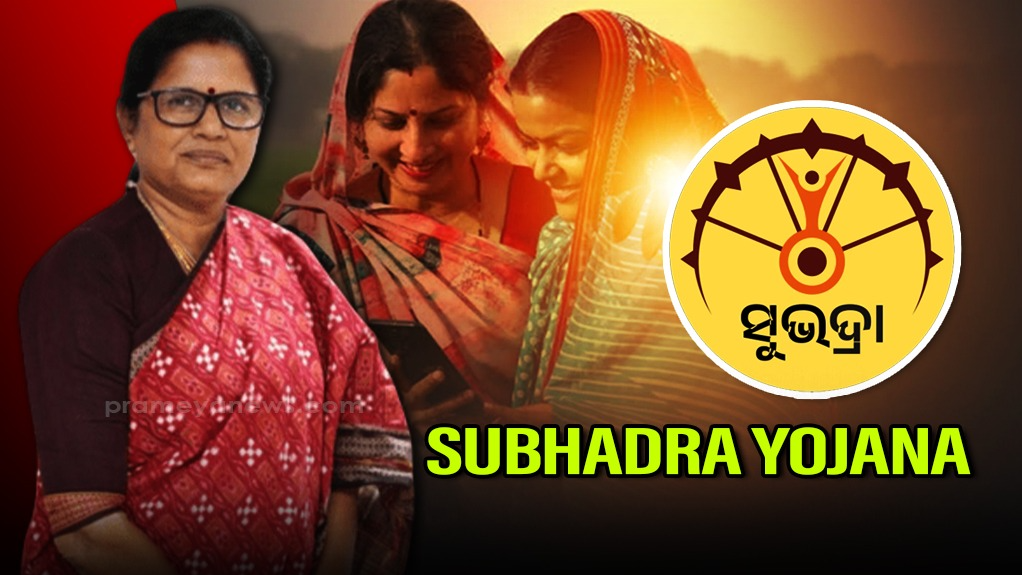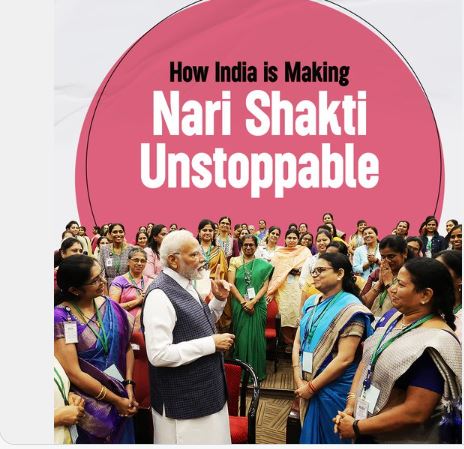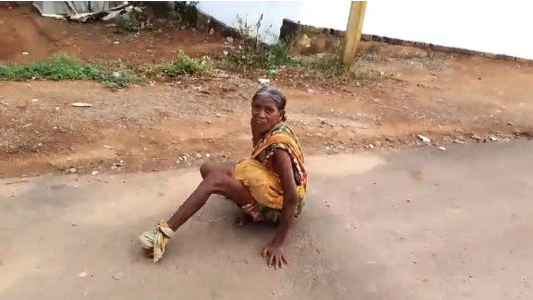Pakistan fighting a losing diplomatic battle
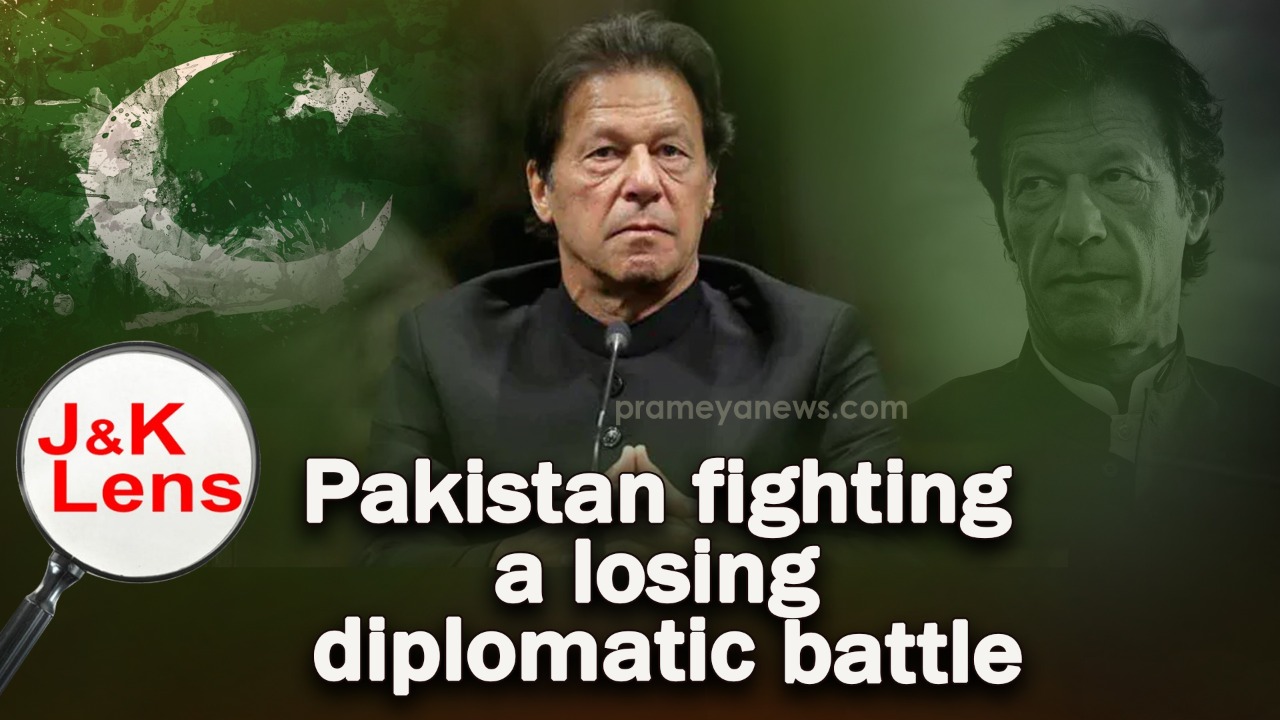
Arun Joshi Pakistan has walked away from the recommendation of its own Economic Coordination Committee to import sugar and cotton from India . Pakistani cabinet’s contention that it could not expect to resume the trade toes with India unless India restores the semi-autonomous status of Jammu and Kashmir. It represents an inconsistency, but at the same time, to say that it is end of the matter would be wrong. It is not a standstill moment, but Pakistan has shown its own vulnerability that it is prone to domestic pressures and believes in manufactured narratives to draw concessions, which it knows will not come in the given situation in India and that too, on the sensitive issue of Kashmir. It needs to be understood that Pakistan hasn’t said no to the restoration of ties with India. It wants peace and dialogue with India. It has simply deferred its decision to restore the trade ties with India. The matter is in suspended animation. , not dissolved once and for all. Alongside, it has also to be understood, and that too, very clearly that Pakistan cannot, and will not leave Kashmir issue just like that unless it has something to tell its audience back home as to what it has achieved in settling what it calls “Kashmir dispute.” If it is unable to do so , then what justification it would have for its decades-old policy of “ supporting Kashmiris” and pressing the global bodies like the United Nations to settle it as per the UN resolutions on Kashmir – grant of right of self-determination to the people of Jammu and Kashmir to make a choice between India and Pakistan. One of the reasons for Pakistan to bring Jammu and Kashmir back into the discourse of Indo-Pak relations at this stage with the intensity, with which it has been articulated after Pakistan cabinet’s meeting in Islamabad on Thursday, clearly shows that it had to do something to reverse the backlash that it suffered after the reiteration of the ceasefire agreement in February this year. A joint statement of the military commanders of the two countries had committed to cease fire at the line of Control and all other sectors. For Pakistan, it was a measured success but not without pitfalls. It had attempted and succeeded in securing peace on the borders – a point that was confirmed by the Indian army chief Gen. M M Naravane who said that there was “no ceasefire violation at LoC in March.” But Pakistan was caught in its own cobweb. It had assured the nation that it would not hold talks with India unless or until India restores special status of the Indian controlled Kashmir that was taken away from the state -now divided into two union territories of Ladakh and J&K. Pakistan leadership had voiced outrage and held nation-wide rallies with a clear declaration that “Pakistan will not enter into any dialogue with India unless the autonomy is restored there.” That, in itself was violation of Pakistan’s own commitment that had insisted on the UN resolutions or the meditation by the third party, preferably by the United States to settle the Kashmir dispute. The Article 370 that granted special status to Jammu and Kashmir with its own flag, constitution and unimpeachable right to land and jobs to the permanent residents of the state, were done away with the Government of India , of course with a vast majority vote of the Parliament, on August 5, 2019. Pakistan that had fallen on the defensive ground after the terrorists whose origin were traced to Pakistan , mounted the terror attack in Pulwama in South Kashmir in which 40 CRPF men were killed . And when India retaliated by conducting surgical strike at terror camps deep inside Pakistan – Balakot in Khyber Pakhtunkhwa , the matters took a new twist . Pakistan Air Force violated the Indian airspace and tried to conduct a strike inside Jammu and Kashmir, the effort was foiled by IAF, and in the process Wing Commander Abhinandan’s plane was downed by PAF and he was captured. At that stage Pakistan had demanded dialogue with India for the dialogue to release the Wing Commander. India had said.” No”. Since then, Pakistan had been pleading for dialogue and sold the release of Wing Commander Abhinandan as a “goodwill gesture”, and it was looking for some issue to stoke troubles in Kashmir. It thought that August 5, 2019, decisions of the GoI provided that opportunity. But when the joint statement on February 25 came reaffirming the ceasefire on LoC, it had violated its own code of not talking to India without Delhi reversing the August 5 decisions. It faced a lot of backlash both at home and within Kashmir as well. Next few weeks saw – starting from Islamabad Security Dialogue where army chief Gen. Qamar Javed Bajwa spoke of peace with India, and before that PM Imran Khan also spoke in the similar lines. There were references to the necessity of resolving Kashmir issue, but the overall context of the speeches and in the manner Kashmir was mentioned, it was clear to even a common man that Pakistan wants to repair its ties with India, and Kashmir could be one of the issues on the table. A perception grew that India was having last laugh on the issue, The Indian Prime Minister Narendra Modi’s letter to Pakistan Prime Minister Imran Khan had desired cordial neighbourly relations with Pakistan but for that , he had stressed that an “ environment of trust, devoid of terror and hostility is imperative,” captured the headlines. After a lot of thought, Imran Khan replied on March 29 and brought the issue of Jammu and Kashmir in the discourse. . He wrote: “We are convinced that durable peace and stability in South Asia is contingent upon resolving all outstanding issues between India and Pakistan, in particular the Jammu and Kashmir dispute.” Now Pakistan is seeking to change the narrative, but in vain. India would not succumb to any pressures from any quarter. That is clear. Therefore, Pakistan is fighting a losing diplomatic battle. About the Author: {"align":"right","id":78114} Arun Joshi is a senior journalist based in J&K. He has worked with Hindustan Times, Times of India, Indian Express and The Tribune. He has authored “ Eyewitness Kashmir: Teetering on Nuclear War” and three other books. wp:separator /wp:separator DISCLAIMER This is the personal opinion of the author. The views expressed in this write up have nothing to do with the www.prameyanews.com
Latest News
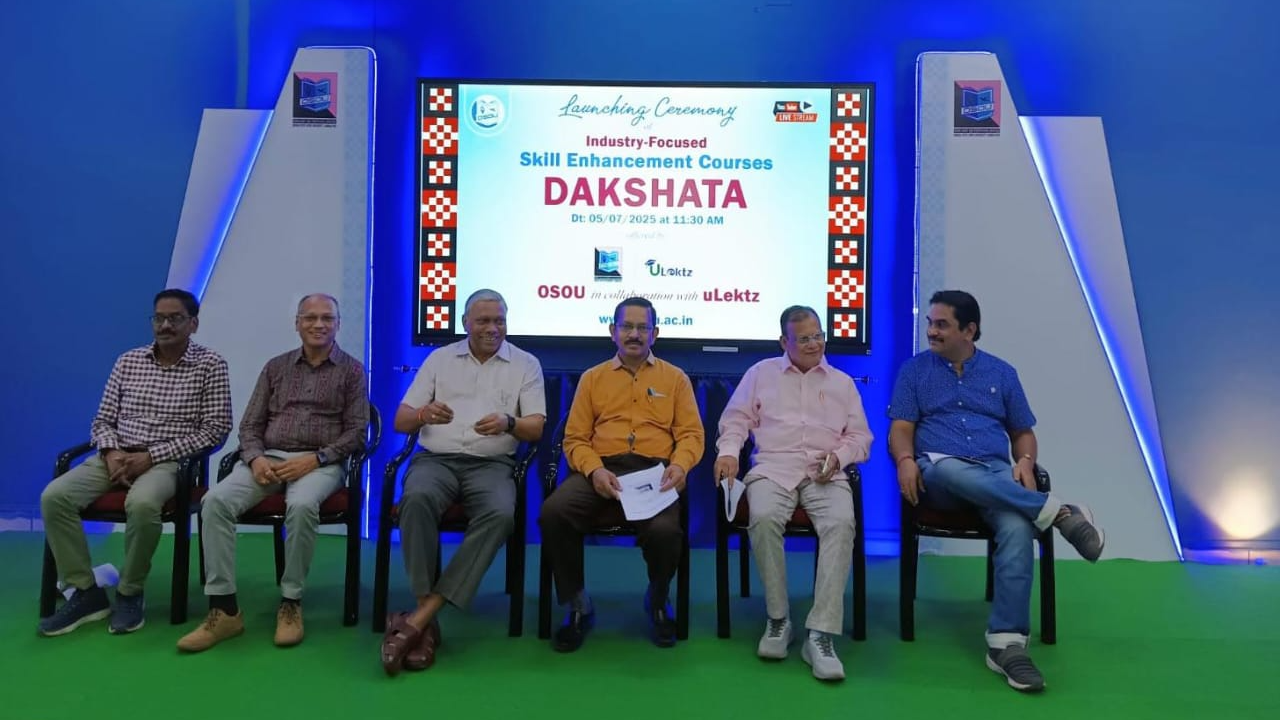
Mission Value & Employability: OSOU launches "...

Dalai Lama to celebrate his 90th Birthday tomo...

Puri Bahuda Yatra: 3 holy chariots reach befor...

Lalu Prasad Yadav re-elected as RJD President...

From Organizer to Champion: Neeraj Chopra Triu...

Dharmendra launches major projects at Central...
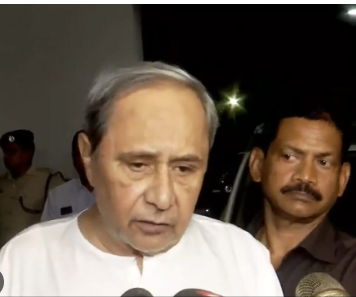
Naveen seeks MEA Jaishankar’s aid to rescue Od...
Copyright © 2024 - Summa Real Media Private Limited. All Rights Reserved.













